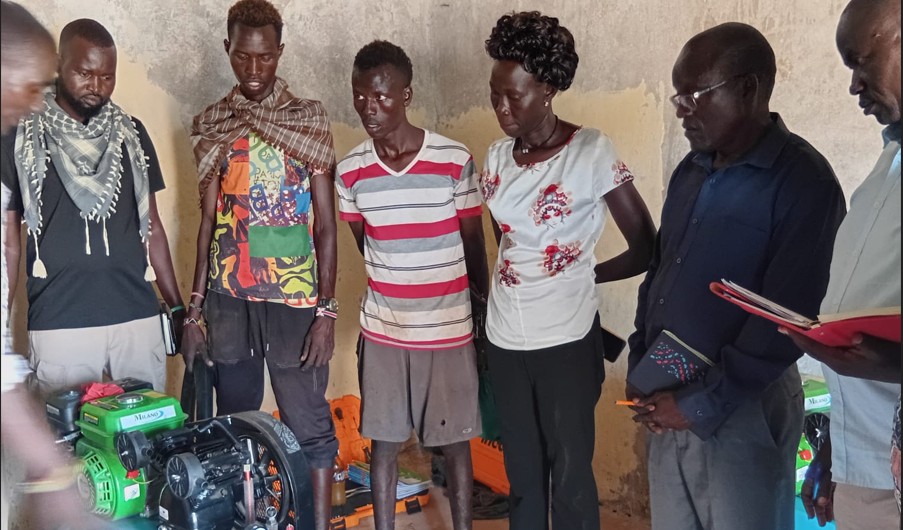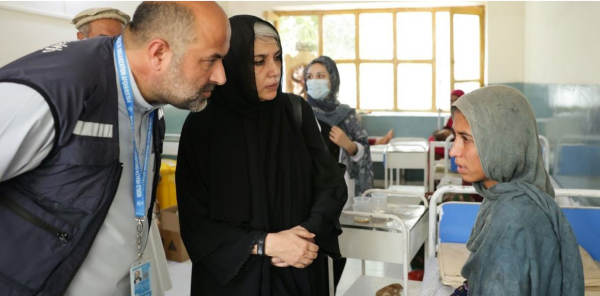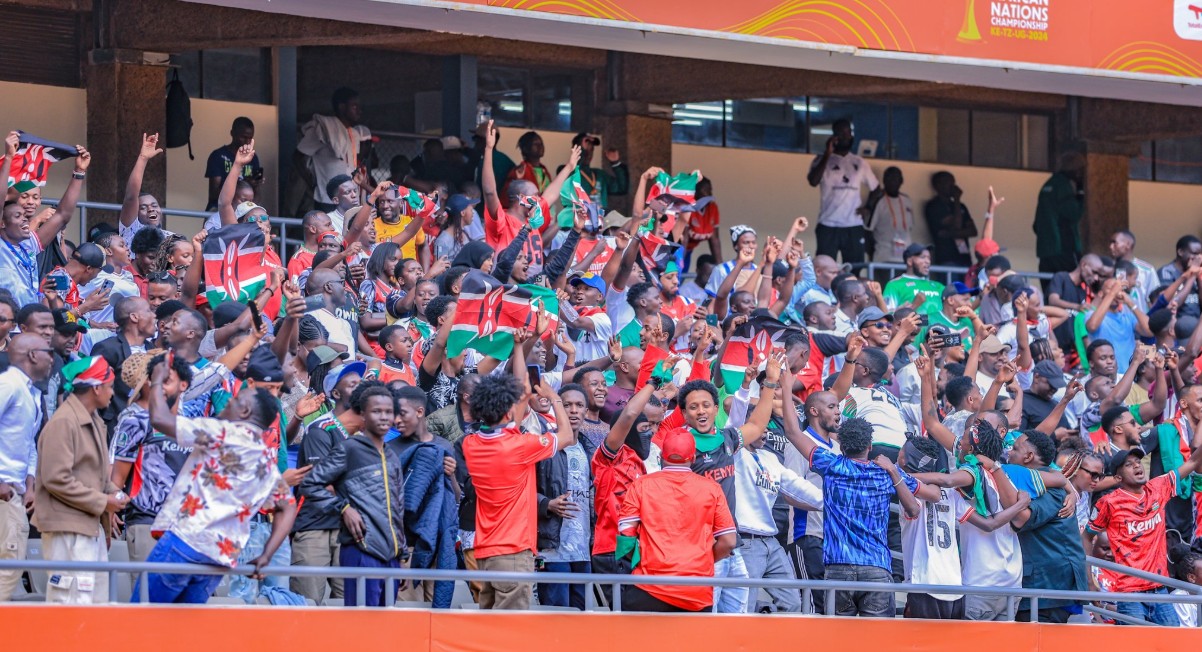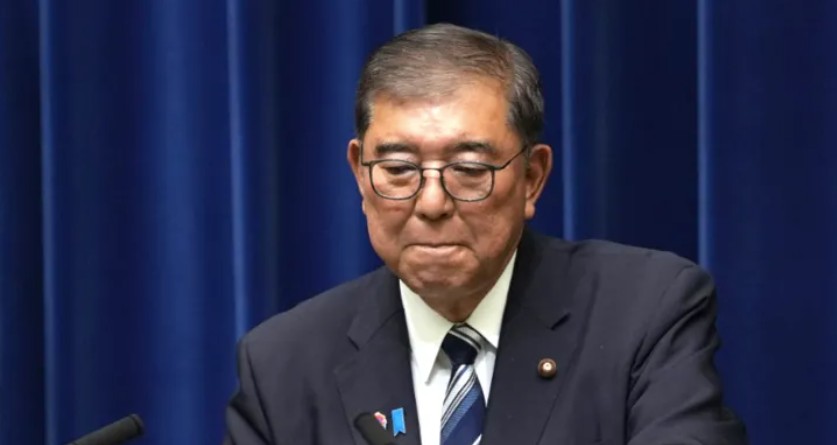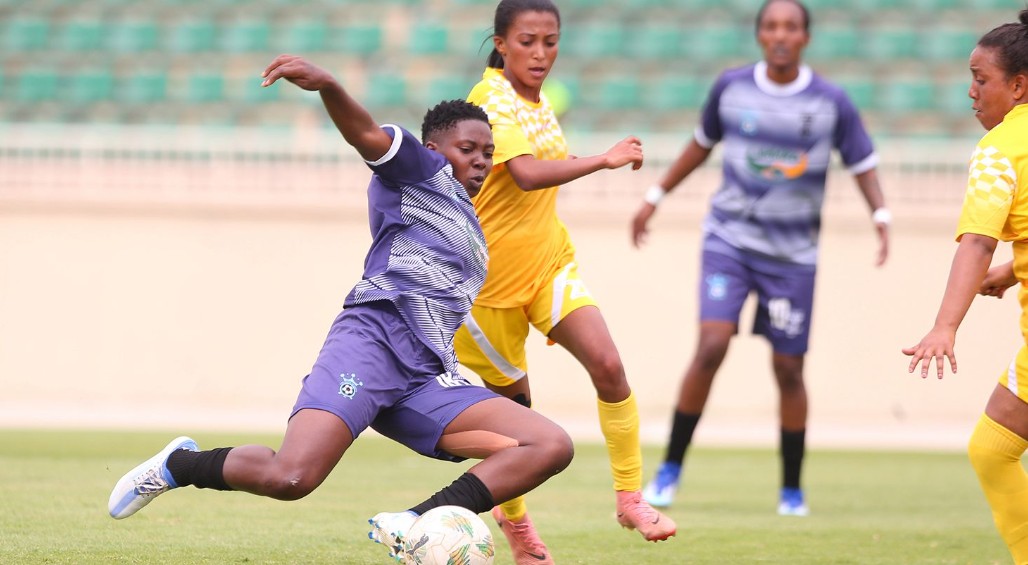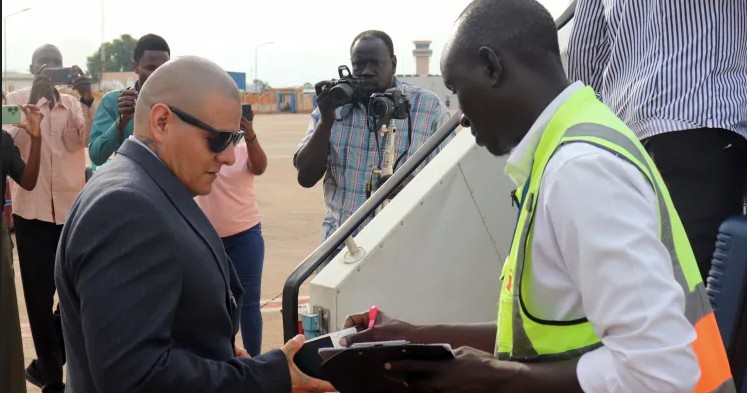Recruitment of IEBC Commissioners to start soon as MPs agree on IEBC Bill
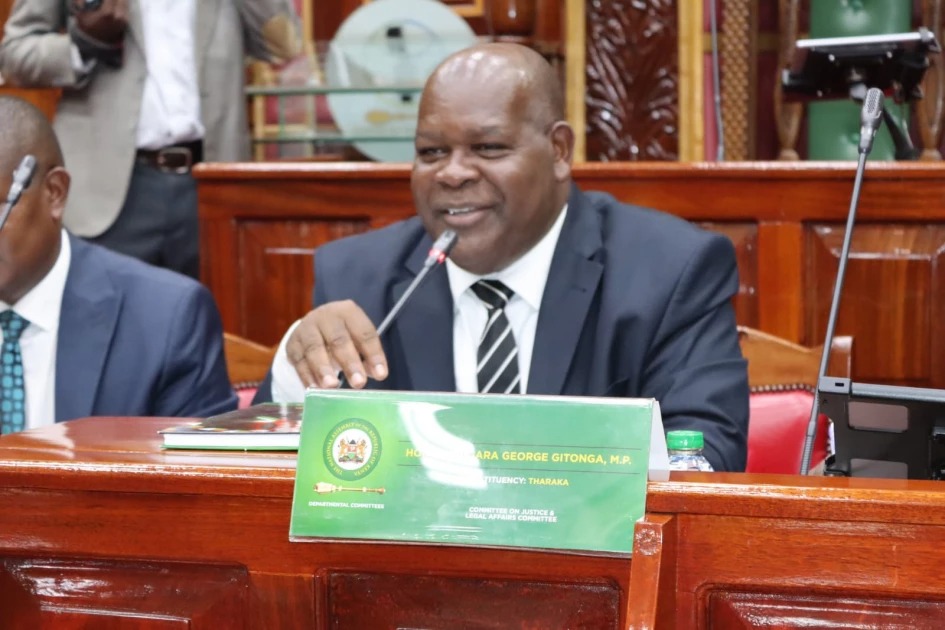
The proposed law establishes a nine-member panel to appoint the new commissioners, up from two under the current statute.
The Independent Electoral and Boundaries Commission (IEBC) may soon have commissioners after the National Assembly and Senate agreed on proposed legislative reforms aimed at fixing the elections body's understaffing crisis.
The commission in its current status lacks commissioners, hence its inability to execute some of its mandates such as by-elections.
More To Read
- Erastus Ethekon says IEBC to seek guidance from AG on early campaigning rules
- Anne Nderitu's IEBC swearing-in paves way for new Registrar of Political Parties
- Fahima Abdallah elected new IEBC Vice Chairperson
- Kenya's democracy, future in IEBC's hands - CJ Koome
- Chief Justice Martha Koome urges new IEBC commissioners to 'fix what’s broken, earn public trust'
- "Every voice will count", says IEBC Chair Erastus Ethekon as he assures credible 2027 elections
Lawmakers passed the proposed law on Thursday, bringing to an end, the long disagreement between the opposition coalition Azimio La Umoja and President William Ruto's Kenya Kwanza wing on the IEBC law.
Another lagging exercise is the review of electoral boundaries which the courts said is a mandate of the electoral agency.
Currently, important operations have been stalled as the IEBC secretariat has limits within which they can make decisions on procurement and spending.
Because of this shortcoming, voters at a constituency in Mandera (Banissa) and two wards in Western, are yet to replace their MP and MCAs, respectively. The seats have been vacant for months.
But that is set to change in the wake of the National Assembly and Senate agreeing on changes to the proposed IEBC (Amendment) Bill, 2024.
Senators have stated that the agency's commissioners should have at least 10 years of relevant experience and that the team must include an ICT specialist and an accountant.
The National Assembly has accepted the amendments, bringing to an end the lengthy mediation process that follows in the event the Houses disagree.
"The committee (Justice and Legal Affairs Committee) recommends approval of the Senate amendment," a notice on the scheduled debate reads.
With the approval, the National Assembly is expected to reflect the amendments and approve the bill for assent by President William Ruto.
Once enacted, critical timelines kick in, including one that requires the President to appoint a selection panel promptly. The proposed law establishes a nine-member panel to appoint the new commissioners, up from two under the current statute.
The panel that was created to hire the commissioners cut short their job to give room for the dialogue between ODM leader Raila Odinga and President William Ruto.
The proposed law says the current team will cease to exist when the bill is enacted, although the members could be re-nominated.
"The selection panel existing immediately at the commencement date of this Act ceases to exist but a person who served as a member of that selection panel may be nominated to serve as a member of a selection panel appointed under this Act," it reads.
Whereas professional bodies may keep the nominations from the current team, political appointees may alter significantly. The Parliamentary Service Commission is proposing to nominate two people.
The two will represent the majority party or coalition of parties and the minority party or coalition of parties. The hiring panel will also comprise three persons nominated by the Political Parties Liaison Committee.
Of the three, one will be from a party other than a parliamentary party or coalition of parties, another from a parliamentary party or coalition of parties forming the national government.
The third PPLC nominee will be drawn from a parliamentary party or coalition of parties not forming the national government.
The Law Society of Kenya's post remains unchanged and will second one person to the team, should MPs approve the proposed law as drawn.
The Institute of Certified Public Accountants of Kenya has one slot and two persons nominated by the Inter-Religious Council of Kenya. The slot assigned to the Public Service Commission was removed in the proposed law.
From now on, only parties with more than 17 members in Parliament may nominate a representative to the selection panel.
"A parliamentary party means a party or coalition of parties consisting of not less than five per cent of the membership of the National Assembly and the Senate," the changes read.
The proposed law hinders the Electoral Commission vice chairperson from taking up the role of chairperson in case of a vacancy.
With the proposed law setting a 90-day time limit within which the panel has to send names to the President for appointment, a new commission could be in place by October 1 or earlier.
Chairman Wafula Chebukati and his two colleagues, Boya Molu and Abdi Guliye, retired in January last year. The other four commissioners, led by Juliana Cherera, were kicked out for rejecting William Ruto's election as president.
Top Stories Today



